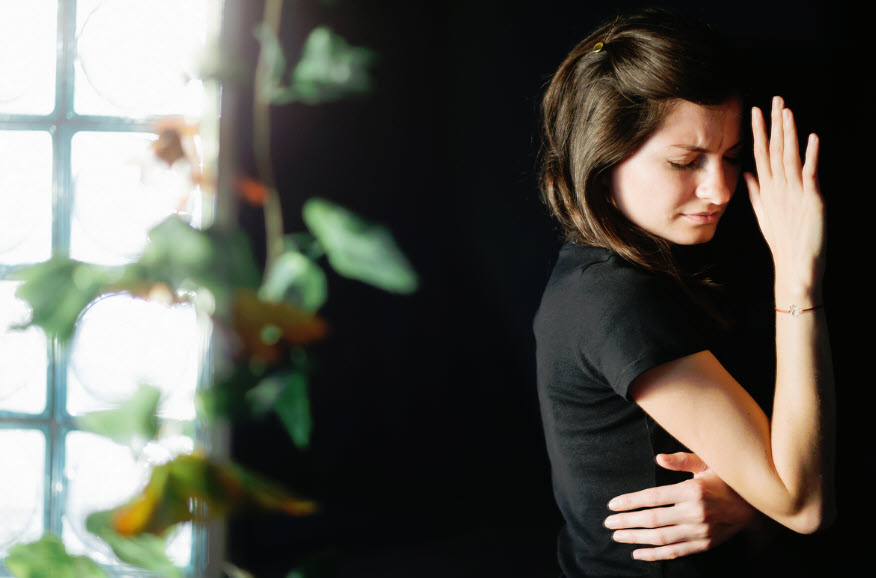Wrongful death can leave scars that last a lifetime and cripple families, especially if the family was financially relying on the victim. Against all odds, life does go on after the loss of a loved one, for better and for worse. It can seem impossible that you will ever pick up the pieces after the sudden and wrongful death of a loved one, but there are ways that survivors can cope with their loss and continue living fulfilling lives. These are some of the strategies survivors use to do just that.
Accept Different Forms of Grief
Grieving takes different forms for everyone and preparing to accept that friends and family members will express it in different ways can help everyone better heal. Children are especially vulnerable to myths about what grieving should look like, but adults may believe them as well. Myths about grieving include the following:
- Crying is a necessary expression of grief
- Ignoring the pain makes it go away
- You shouldn’t express grief because it signals weakness
- You need to “get over it”
There are many different types of grief. Recognizing and accepting them can do much to help the healing process in yourself and in others.
Give Your Family Time
Everyone heals at different rates, and some members of your family may need more (or less) time than others to resume their lives. In some cases, it could take years, and even a lifetime, for survivors to process their feelings and come to terms with the loss. Many people never fully heal, but continue to live with the sadness from the loss of their loved one. Check-in with yourself members of your family to see how they are healing, and acknowledge that this is not a linear process.
Establish New Routines
The loss of a loved one can leave a visible hole in your daily routines and those of your family members. Children especially can be impacted by the loss of a loved one and the disruption to their daily routines. Create new routines that can address changes to your family (such as deciding who will make dinner or wash clothes, for instance). These new routines can also keep minds from wandering and backtracking on the progress made toward healing.
Watch for Warning Signs
Everyone handles death differently, but sometimes there are warning signs that a person isn’t coping with the loss they have suffered, and it’s starting to negatively impact their own life. It’s normal to take time to grieve after a loss, but if someone has noticeable behavior changes for weeks or months after a death, they may be experiencing psychological problems. Children that begin to lash out or who are suddenly sullen may also be having problems that require outside intervention to fix.
File a Wrongful Death Lawsuit
Wrongful death can rob you of a lifetime with your loved one. It can also place your family in dire financial straits, especially if the loved one who died was the primary breadwinner. A wrongful death lawsuit can help you recover compensation from the responsible parties. While it can never restore the damage done to your life, it can help to offset some of the financial pain you and your family will experience as a result of wrongful death.
Picking up the pieces after the death of a loved one can take years, and the wounds may never truly heal. A family’s finances can also be permanently affected through loss of income, companionship, therapy costs, and the cost of the funeral or memorial. Working with a lawyer who specializes in wrongful death cases can help you and your family secure the compensation you’re entitled to so that at the very least your financial burdens are lessened.

